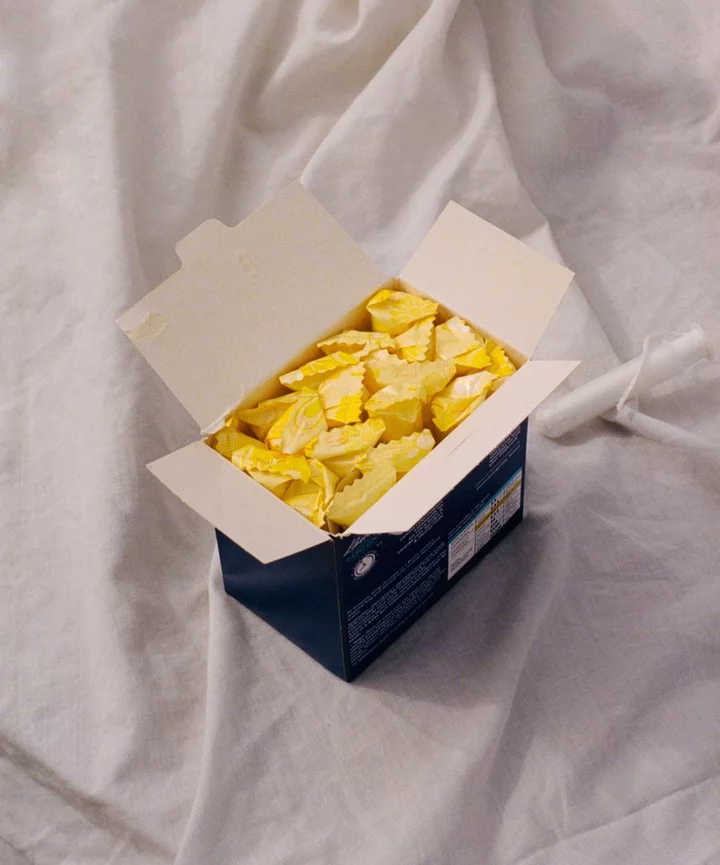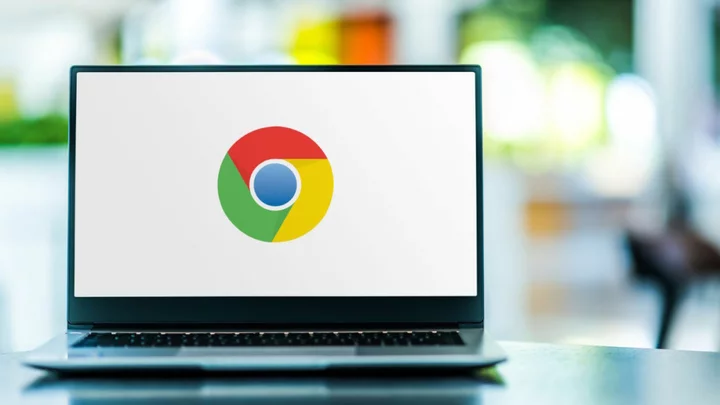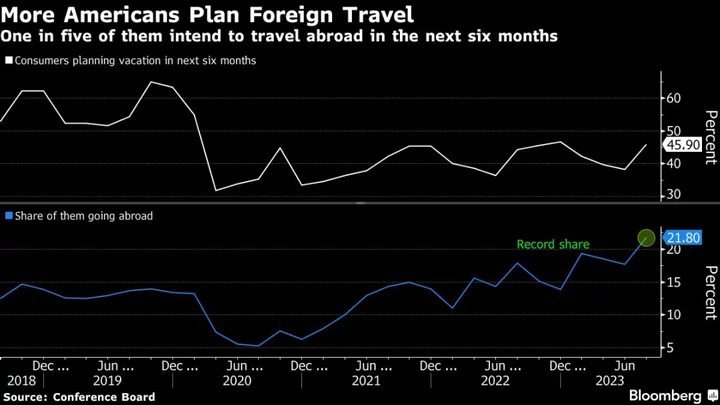When you think of luxury items, your mind might go to high-end cars, diamond rings, aged whiskey, and designer handbags — not tampons. But menstrual products are taxed as luxury goods in many states in the U.S., and that doesn’t sit right with us. And it doesn’t sit right with some of the brands selling you them, either.
This month, eight women-owned period care brands came together to launch the Tampon Tax Back Coalition: August, The Honey Pot Company, LOLA, Rael, Diva, Here We Flo, Saalt, and Cora. From October 11, when you buy menstrual hygiene products — tampons, menstrual cups, pads, etc. — from any of these brands, you can be fully reimbursed for the tax you paid on them. Sounds too good to be true? Let us explain.
Menstrual hygiene products are currently taxed as “nonessential goods” in 21 states, which adds a financial burden to people who menstruate, especially Black and marginalized communities, and contributes to overall period poverty. In total, the tampon tax costs consumers roughly $82 million each year according to Period Law, an organization that works with volunteer attorneys from around the country to fight for federal period equity policies. While we’ve made significant strides when it comes to abolishing the unjust tax on menstrual products, there’s still more to do when it comes to having period products be accessible for all.
That’s where the Tampon Tax Back Coalition comes in. The initiative was first started by period care brand August in May of 2023, when their products hit Target and they could no longer absorb the taxes themselves, which they’d been doing to the best of their ability since June of 2021. “From the very beginning, we never charged the tampon tax wherever possible,” Nadya Okamoto, co-founder of August, tells Refinery29. “For the first time, at a national scale, we lost that control over the point of purchase where we could do anything about [the tax]. That didn’t sit right with us since, from the beginning, it’s always been our value to take a stand against the tampon tax. We quickly mobilized and found a way of being able to reimburse people for the exact amount that they’re charged in the tampon tax.”
Soon after, seven brands joined and pledged to do the same. “As a brand that is working to increase menstrual equity, fighting against unfair taxation on essential healthcare products is a natural step for The Honey Pot to continue to push accessibility forward,” Beatrice Dixon, founder and CEO of The Honey Pot Company, tells Refinery29. “All humans deserve fair access to menstrual care products, and we see this as an extension of Honey Pot’s mission to normalize the vagina and foster true transparency.”
“We’re continuing to reach out to other brands, even the larger industry players of the world, to try and encourage them to join in as well,” says Okamoto, having complete Phase One for Tampon Tax Back Coalition.
What is the tampon tax?
The tampon tax is also often called the period tax. Currently, 21 states charge sales tax on menstrual hygiene products such as tampons, pads, liners, and menstrual cups, with tax rates ranging from 4.5% to 11.5%. These states cite hygienic products as luxury, “non-essential goods,” but bleeding once a month isn’t a choice for most people, and using hygienic products during your period isn’t a luxury — it’s a necessity.
And abolishing the tampon tax is just the beginning to creating a more equitable society. “Our government works off of legal precedence, and as we continue to fight to end period poverty and try to make period care more accessible in schools, shelters, and prisons, the legal precedent that we have to overturn is the belief and the laws that deem period care nonessential,” Okamoto says. “The tampon tax is the legal precedent that does that.”
How do I get a #TamponTaxBack Refund?
If you purchase menstrual hygiene products from any of the eight brands through a third-party retailer in the U.S. — including Target and Amazon — you’re eligible to receive a #TamponTaxBack refund.
To sign up, head to tampontaxback.com to enter your phone number (this step is necessary for you to get your refund). You’ll get a confirmation text, and then voilà — you’re in! You must send a photo of your receipt to the number within 10 days to be eligible for a refund. The Tampon Tax Back Coalition will calculate your tax and send you back your money through Venmo or PayPal, whichever you prefer, within 48 hours.
What can I do to help abolish the tampon tax?
While we’ve made significant progress in the past few years (41 states used to have the tampon tax) there’s still a lot of work to do — and you can help. To move along the abolition of the tampon tax, you can donate unused hygienic products, host a donation drive yourself (Alliance for Period Supplies has a great toolkit for you to get started), volunteer at your local period supply program, and, if you have the means, purchase products from brands that are advocating for change. You can also check out and support other organizations doing the work such as 601 for Period Equity, The Pad Project, and PERIOD, Inc.
“We’re continuing to figure out what Phase Two looks like,” says Okamoto. “This is something that I’ve worked on since before I even started August, and I’m excited to hopefully see more states take down the tampon tax.”









